The greatest source of water pollution in our region today is not factories or other industrial processes but the daily activities of ordinary residents: pesticides and fertilizers we spread on our lawns, petroleum and antifreeze that spill from our cars, leaks from failing septic systems and broken sewer pipes, waste from our pets, soap from washing our cars, road salt we spread on our driveways and sidewalks and other forms of “people pollution”.
The Watershed works with towns to adopt local environmental measures. Municipal stormwater ordinances require steps be taken to mitigate the stormwater impacts of new developments and redevelopments. Stream corridor ordinances prevent new development and clearing of native vegetation near streams that filters pollutants and slows the pace of runoff. Tree protection ordinances prevent the widescale clearing of trees, which perform a natural stormwater mitigation function.
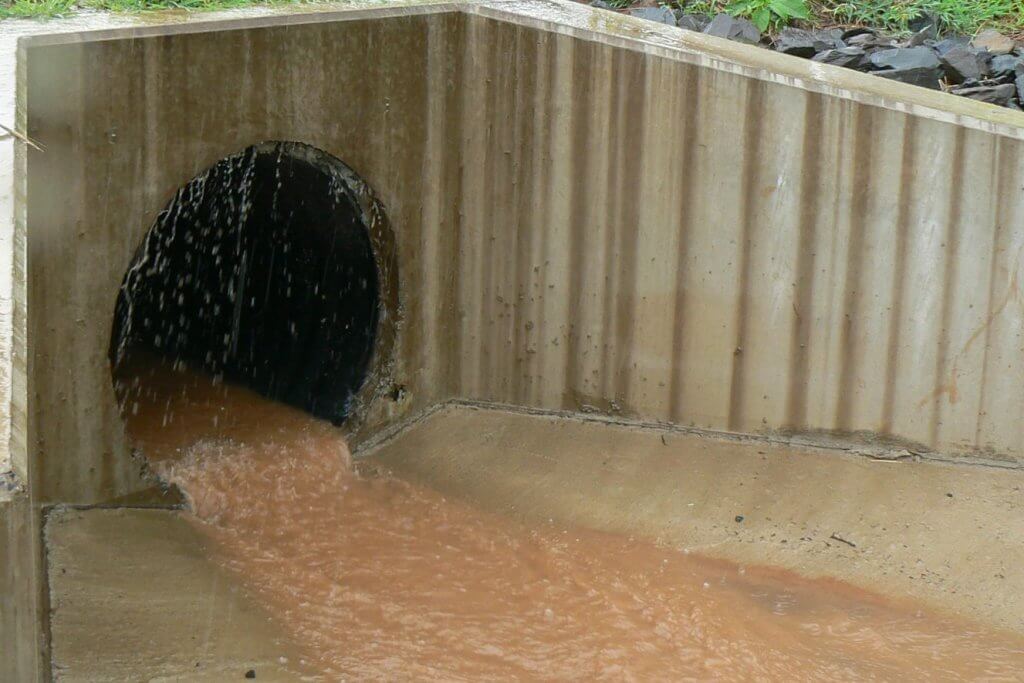
With funding support from the New Jersey Department of Environmental Protection, the Watershed is working in 16 central New Jersey towns to identify areas with large expanses of asphalt or concrete that can be reduced and/or retrofitted with strategies to capture polluted runoff, filter it with vegetation or other means, and allow it to percolate into the ground. Supplementing our towns’ existing infrastructure with a new kind of “green infrastructure” can help reduce pollution and flooding and improve the condition of our groundwater aquifers.
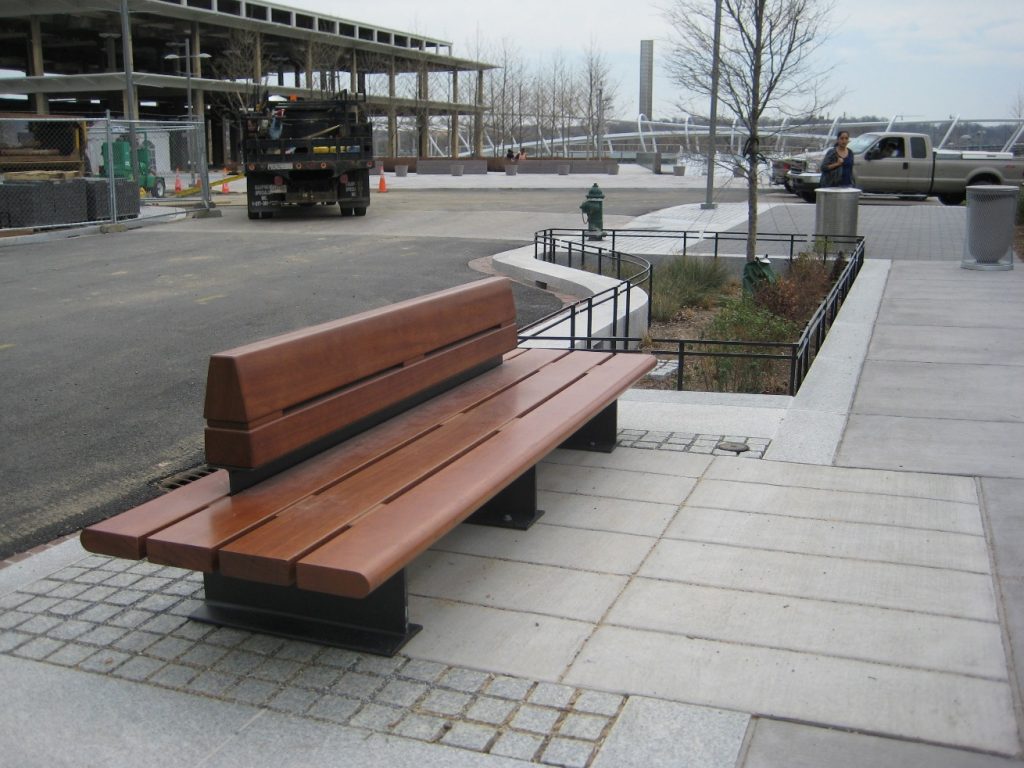
We work with the state legislature and state agencies to strengthen key environmental laws and regulations, including those implementing the clean water act, the flood hazard protection act and freshwater wetlands protection act. We fight against efforts to weaken these critical programs. We are also strong advocates for the state’s Green Acres program, which preserves key watershed lands, and Blue Acres program, which purchase flood prone properties.
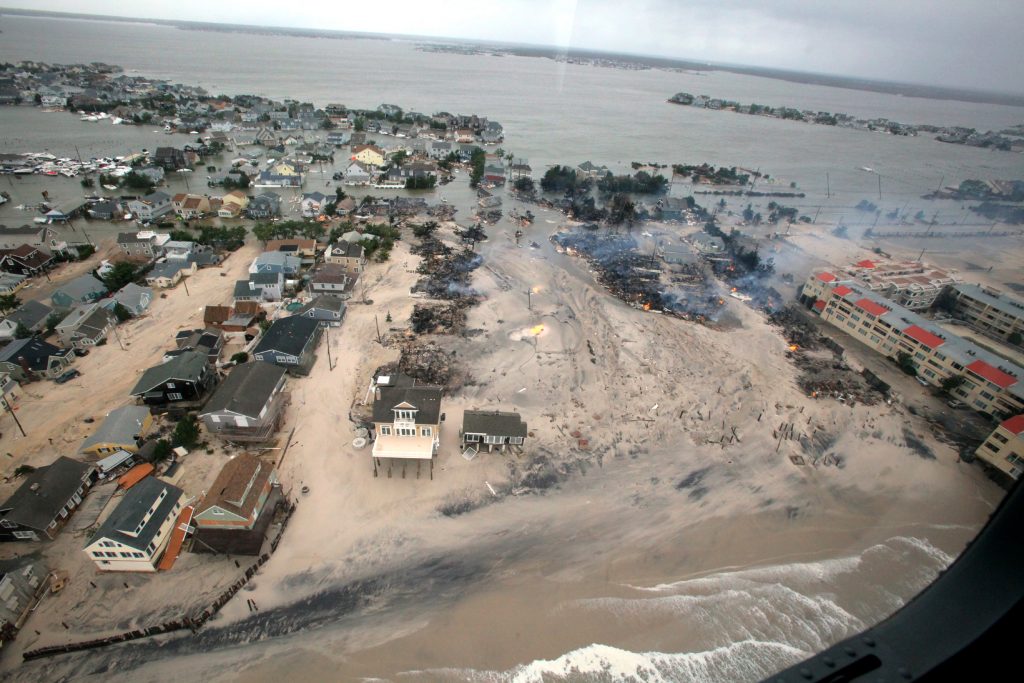
The Watershed Institute is compiling a map of recurrent flooding in the Stony Brook-Millstone and central Delaware watersheds. This information will help us work with local officials and advocate for better stormwater management.
Does flooding regularly close roads in your neighborhood? If so, help us understand the problem by dropping a pin and uploading a photo using our interactive flood mapping tool.
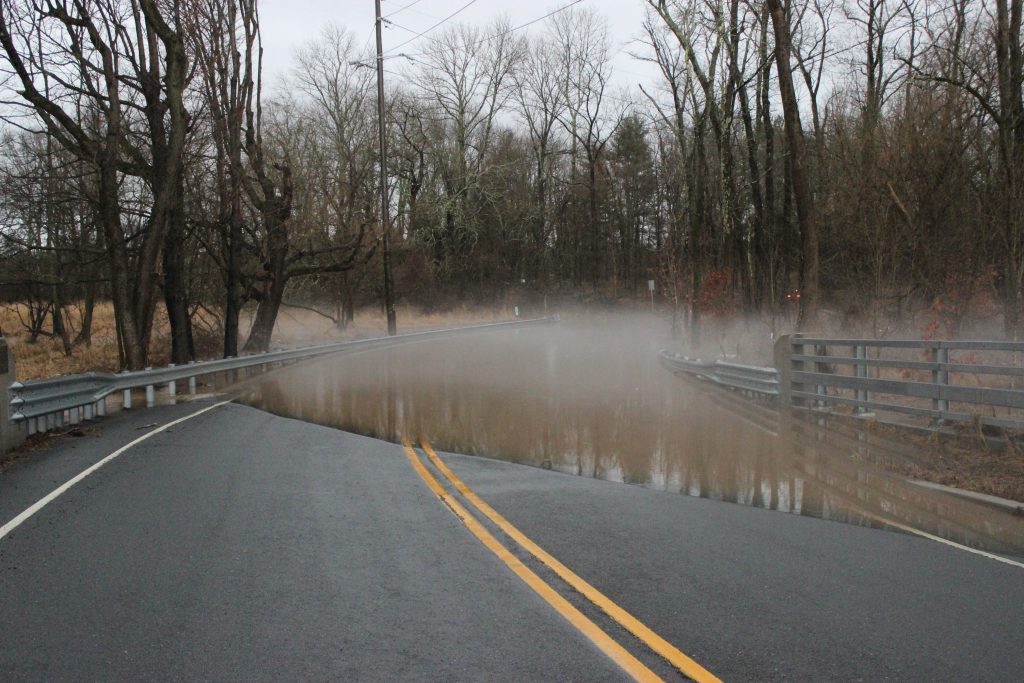
Additionally, our River-Friendly program works one-on-one with residents, businesses, golf courses, and schools to improve land stewardship practices. Voluntary actions by individuals and institutions help to reduce pollution and prevent runoff at home and where you work. “River-Friendly” participants work to manage stormwater on their properties to reduce polluted runoff while sharing information, education resources, and best practices.
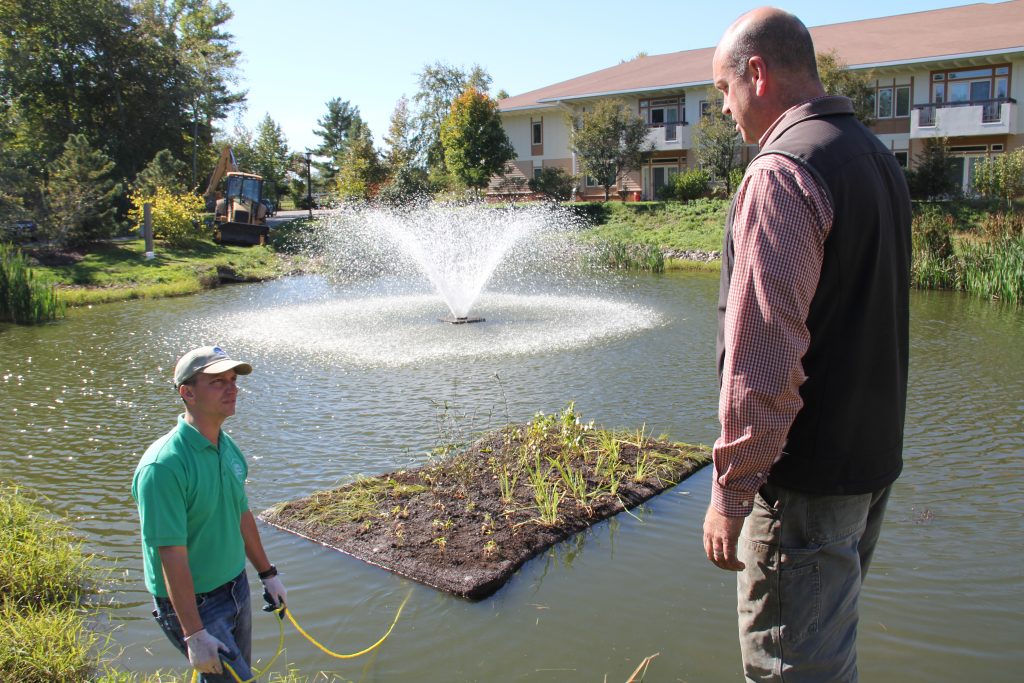
Site by Scout Digital